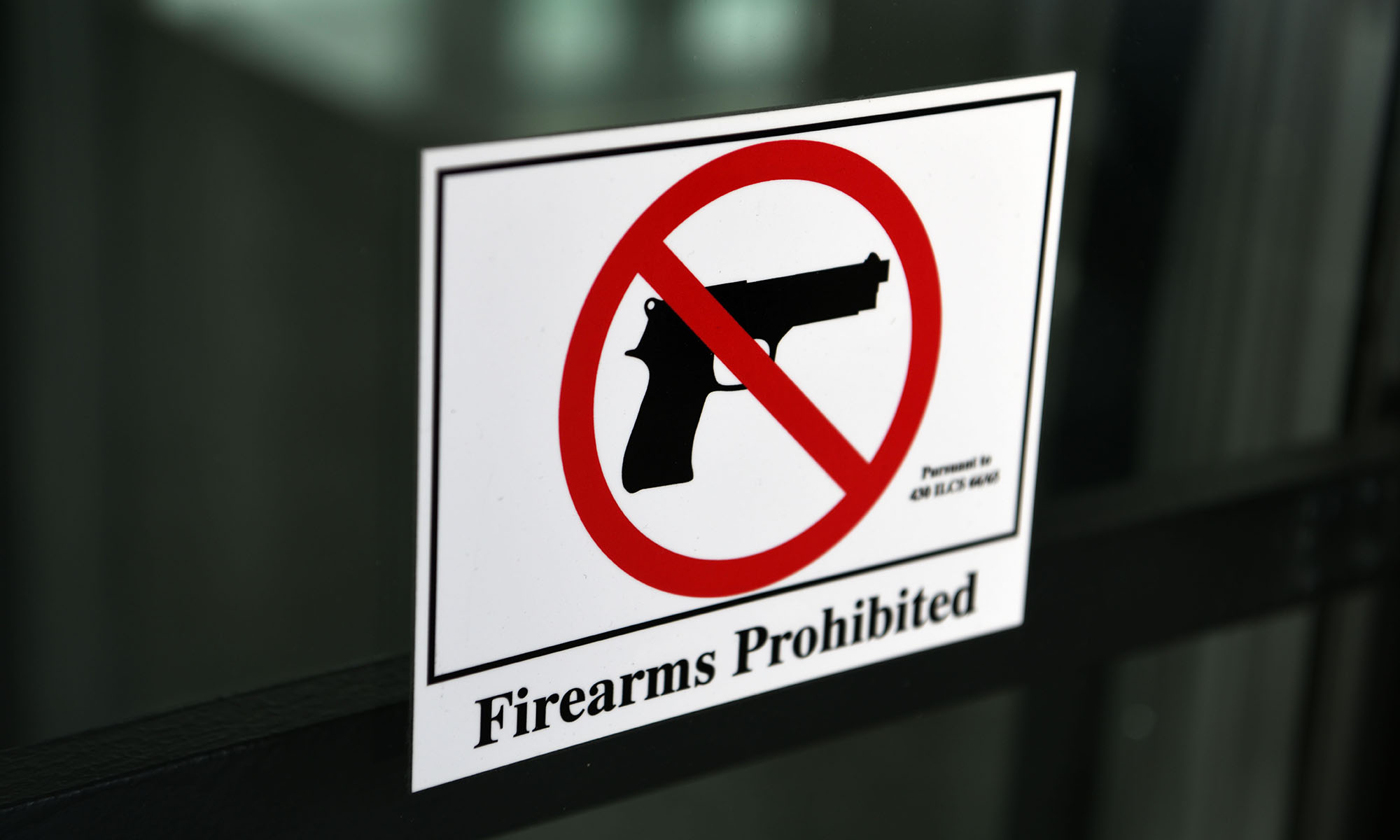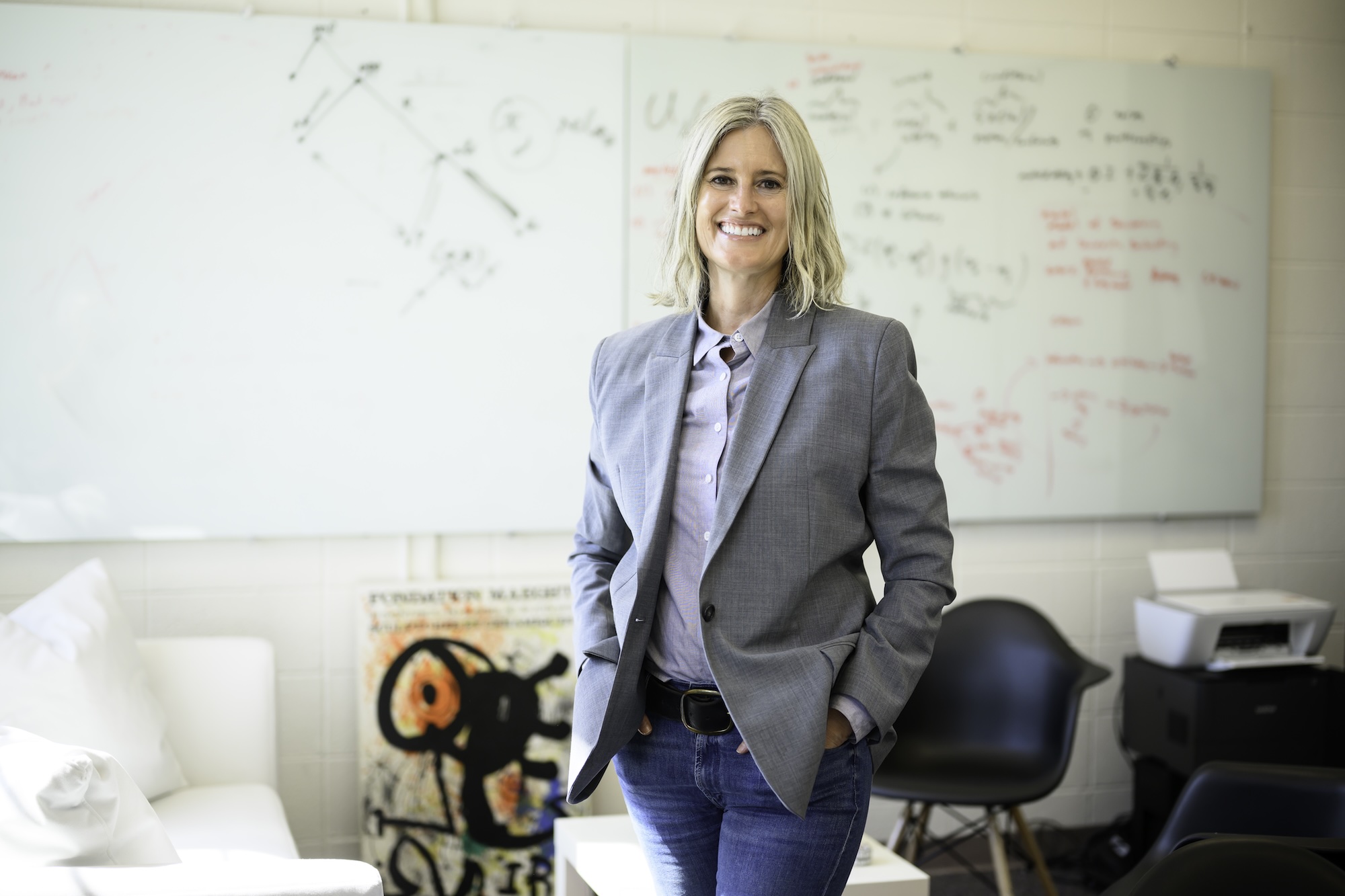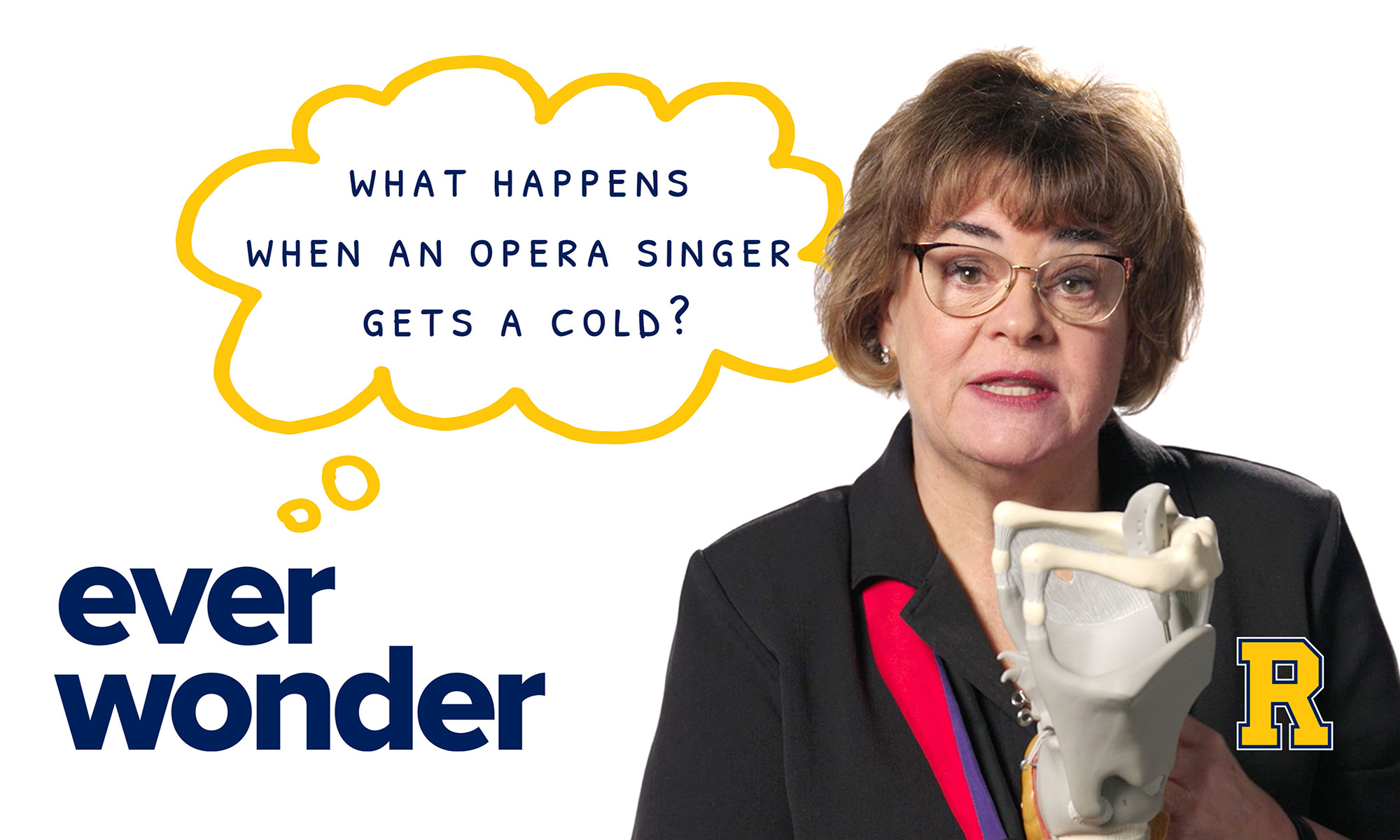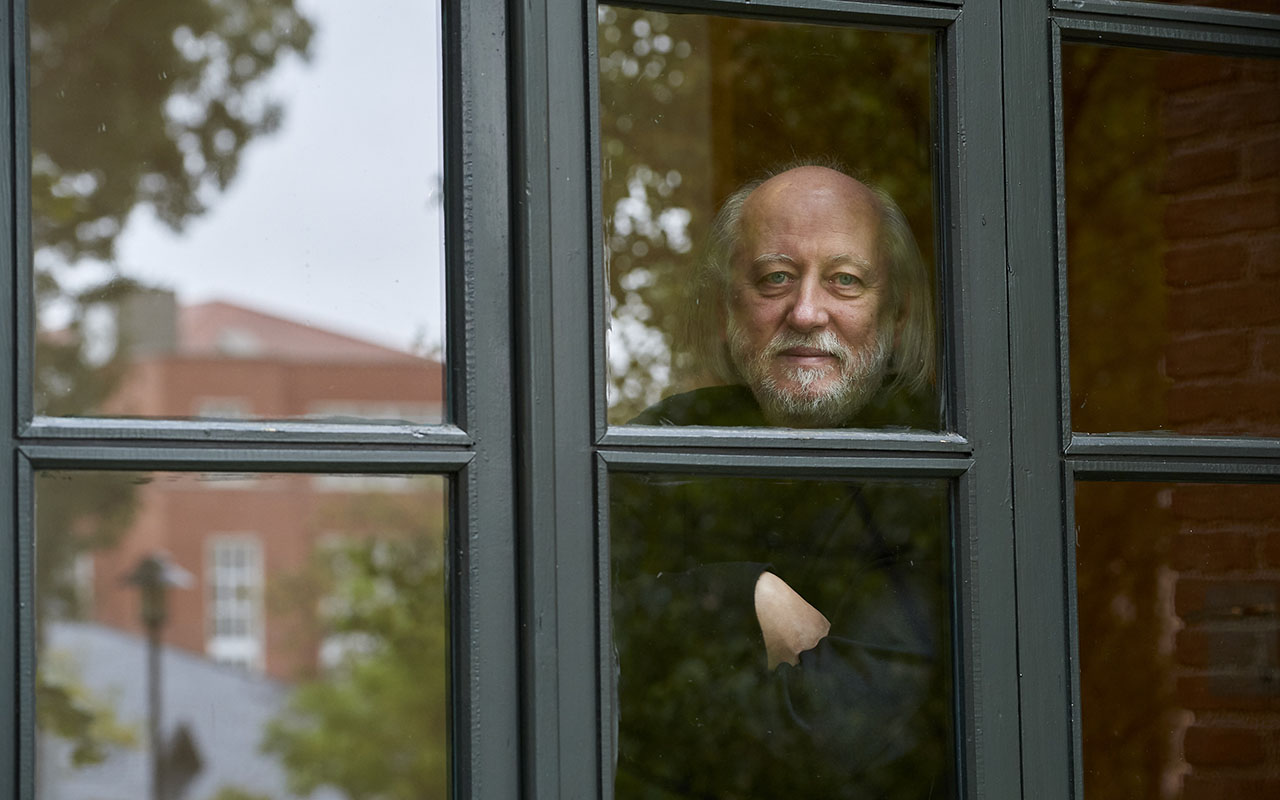
Society & Culture
The secret to happiness? Feeling loved
February 11, 2026
Two psychologists—one a happiness researcher and the other a relationship expert—say love isn’t found. It’s created, one mindset at a time.












